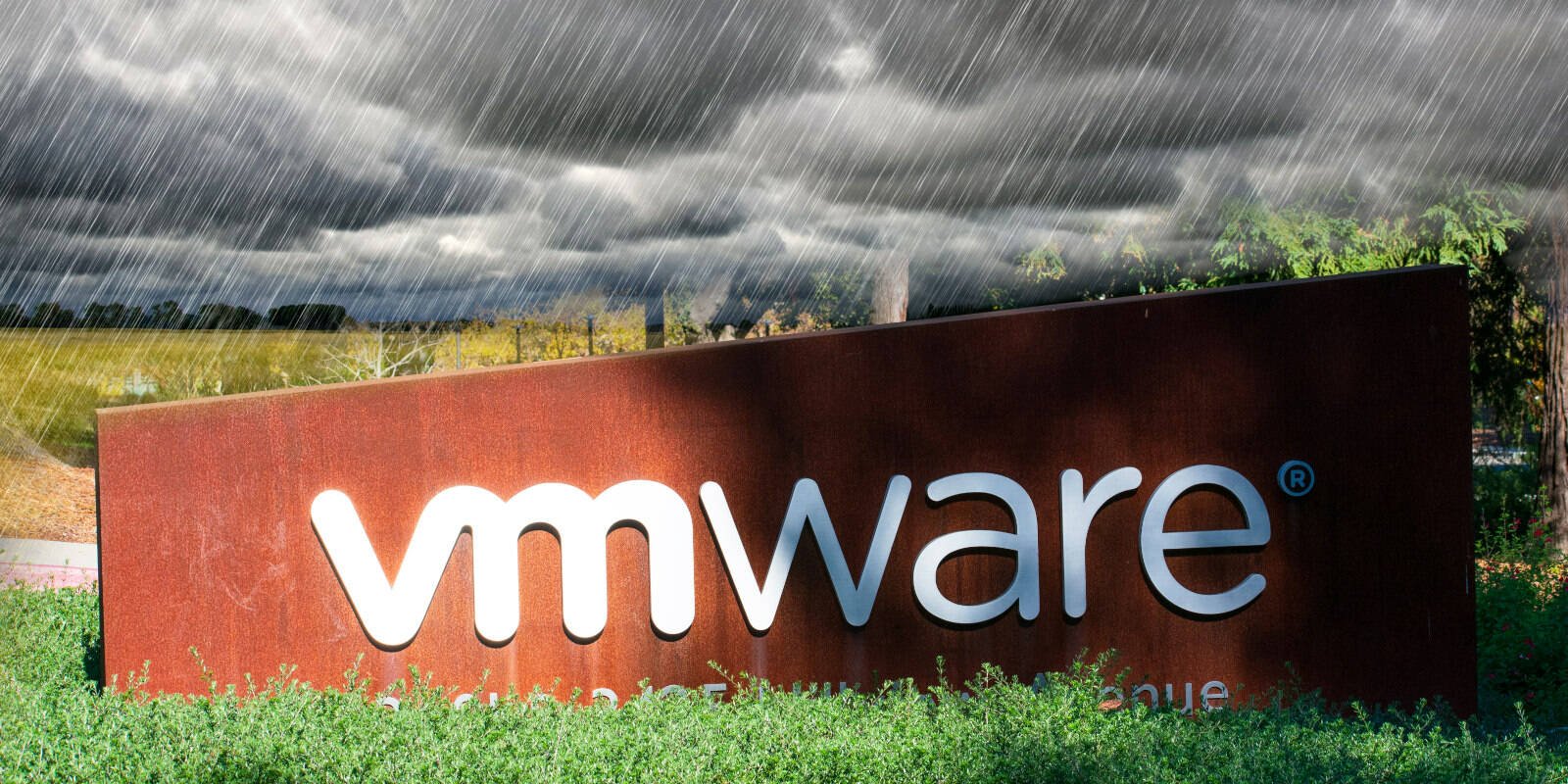Broadcom ditches VMware Cloud Service Providers - ‘How can they cancel a major program affecting hundreds, perhaps thousands of customers, with zero notice?’::‘How can they cancel a major program affecting hundreds, perhaps thousands of customers, with zero notice?’



Broadcom can’t afford to get distracted with servicing those small businesses after laying off thousands of vmware employees. They’ll have to make sure the handful of remaining vmware employees focus on milking their biggest customers instead.
Step 1: Fail at trying to acquire Qualcomm
Step 2: Successfully acquire CA Technologies, keeping all those mainframe companies on their mainframes for exorbitant fees
Step 3:
Step 4: Aquire VMware, so now you own the business of people trying to get out of mainframes
Step 5: As you said, milk the huge enterprises with critical technology stuck in either mainframes or virtualization of their tech because they would rather pay the monthly fees than the upfront investment of moving to more modern systems
And they will do Vmware partners again. With hand selected partners
As an enterprise, I would not add any more dependencies on a vendor who rug pulled a block of their customers. We use VMware, we use practically everyone to some degree, and at least at my shop every team works with more than one stack so it’s not like the talent is locked in. This is a huge black mark for BROADCOM next time a team is starting a project or program in general.
That being said, the decision is understandable because VMware’s days are numbered: they were instrumental to moving from on-prem to the cloud, but I cannot actually think of any use cases where we used them for anything NEW.